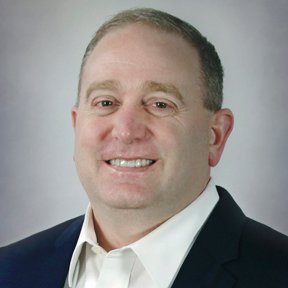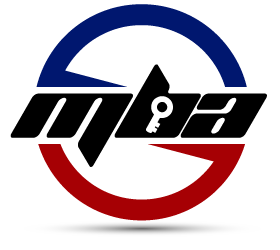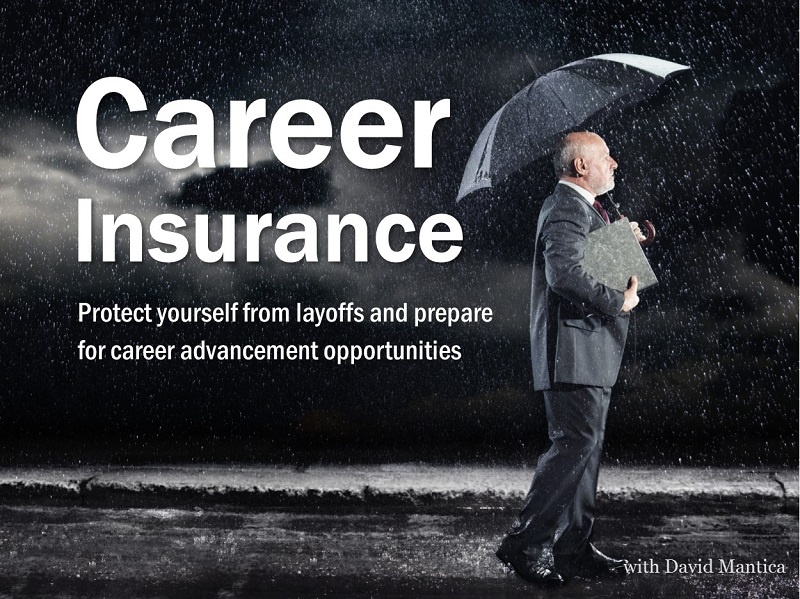David Mantica shares ways to protect yourself from layoffs and prepare for career advancement opportunities.
Show Notes
The unfortunate reality is that many of us will experience unexpected (and undesired) career changes. Companies may merge, the economy may slow down, your organization may need to make budget cuts, or you just may be stuck in a toxic environment.
While some of these job losses are the result of performance issues, many may be unexpected, are out of our control, and may happen to even high performing individuals.
What You Can do to Protect Yourself
Early planning and preparation is the key. Often people are caught by surprise and haven’t prepared. Most of us don’t update our resumes until we need to. This prevents us from being able to quickly recover from an unexpected job loss or even take advantage of a new opportunity.
You can prepare for both positive and negative surprise career changes by building your network and talking to recruiters. Your network will work with you for who you are; your potential. Recruiters will work with you for what you’ve done.
The potential problem with recruiters is that you may end up in a similar role and face similar issues because they’re focusing on the work you’ve done and finding a good fit with a new organization.
Your network may be able to help you find new opportunities in different fields or different roles because they understand your potential and they understand that other skills can be taught.
From there, there are three elements of career insurance; insuring your current role, preparing for a future possible job loss, and insurance against negative carer changes (that doesn’t actually exist today).
Listen to the full episode to understand how to protect your current role through influence, impact, and likability as well as how to prepare for future career changes.
| YOUR HOMEWORK 1. Join a trade association or user group such as the IIBA or PMI. You can also look for meetup groups in your field. This allows you to build your network and develop your skills and knowledge. 2. Have a cadence to update your resume and think of it in terms of outcomes of the things you did. 3. Build your personal brand. Think of ways you can share your knowledge and be seen as an expert. Some potential ways are speaking at industry events or writing on topics related to your industry. |
Links Mentioned in this Episode
- SoftEd website- https://www.softed.com/
- Meetup.com

David Mantica is VP and General Manager at SoftEd, where they help organisations to adopt new ways of working for better business outcomes. David is also a frequent speaker at meetups, professional organizations, and conferences.
Thank you for listening to the program
To get more valuable content to enhance your skills and advance your career, you can subscribe on iTunes and other podcatchers.
Also, reviews on iTunes are highly appreciated! I read each review and it helps keep me motivated to continue to bring you valuable content in each episode.



